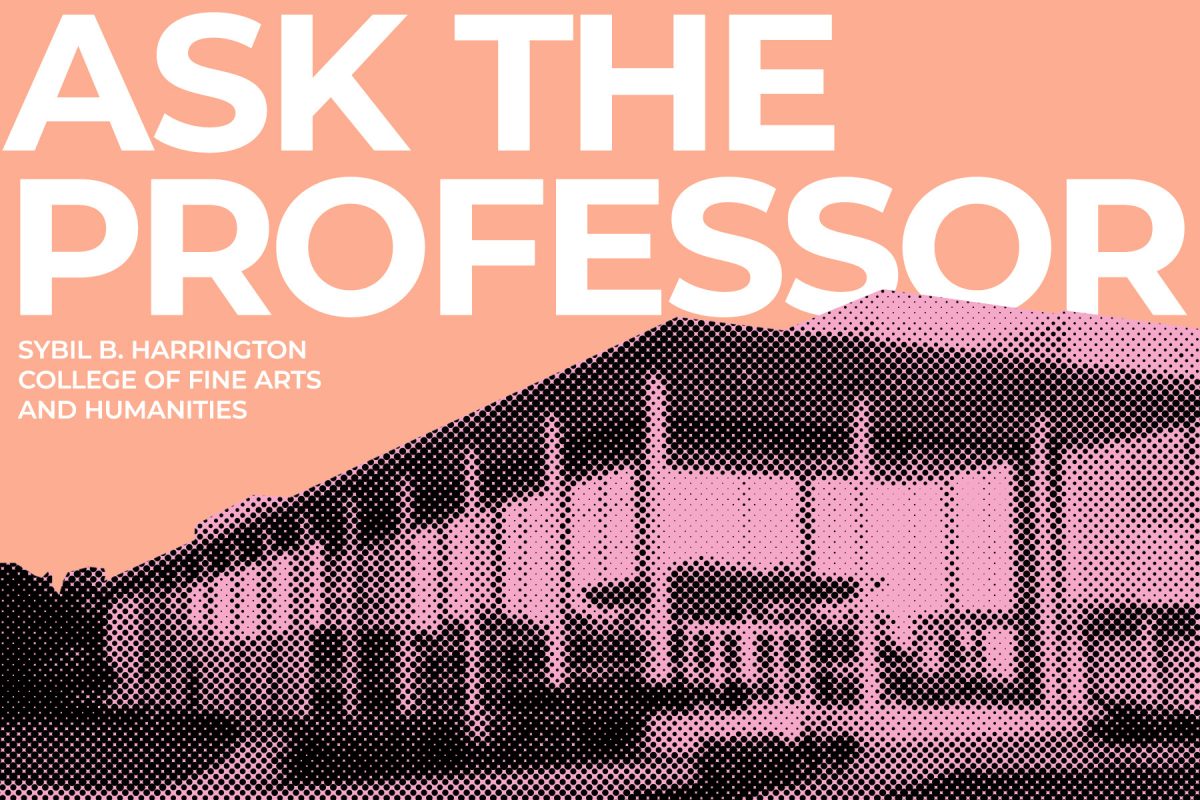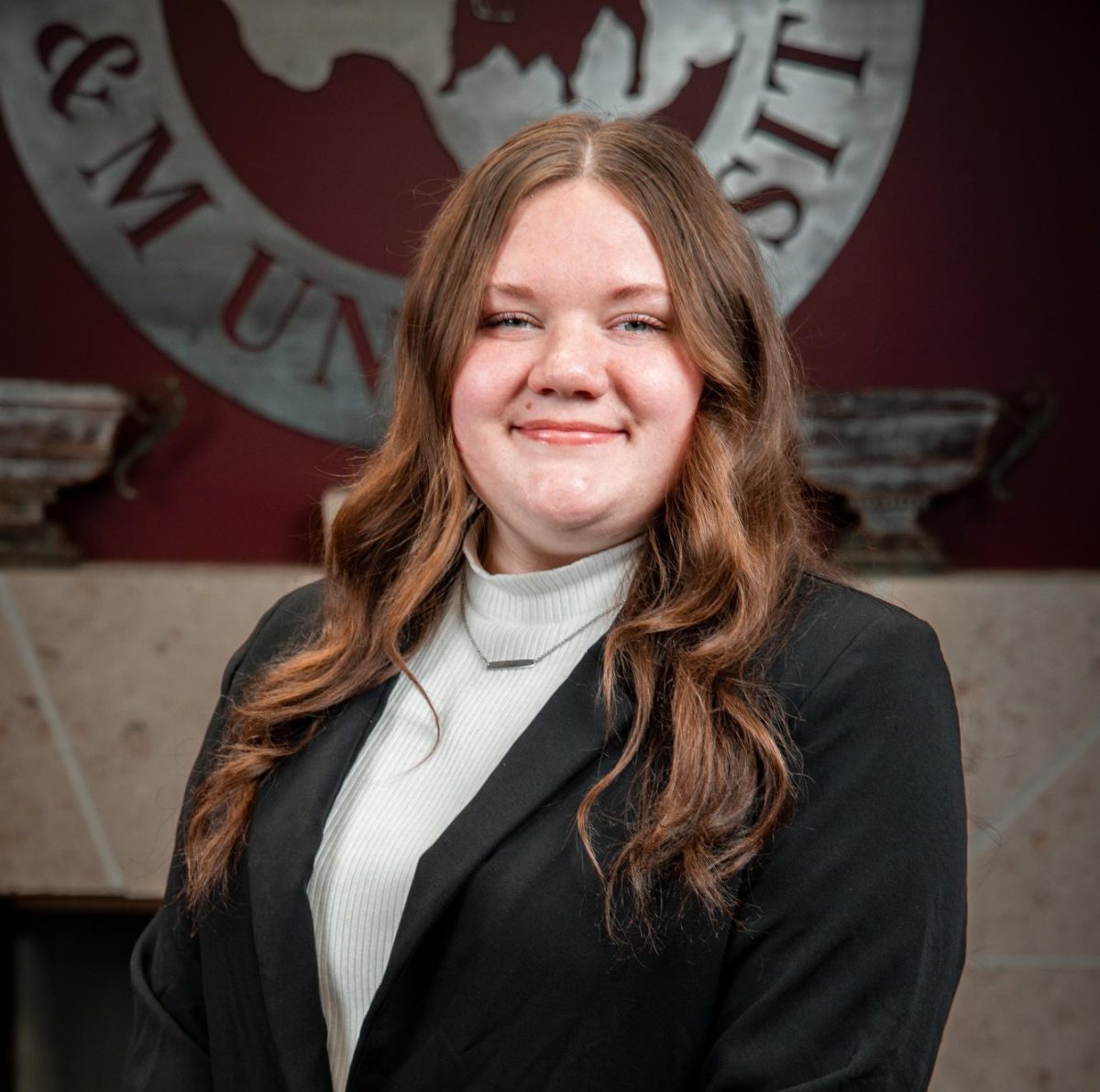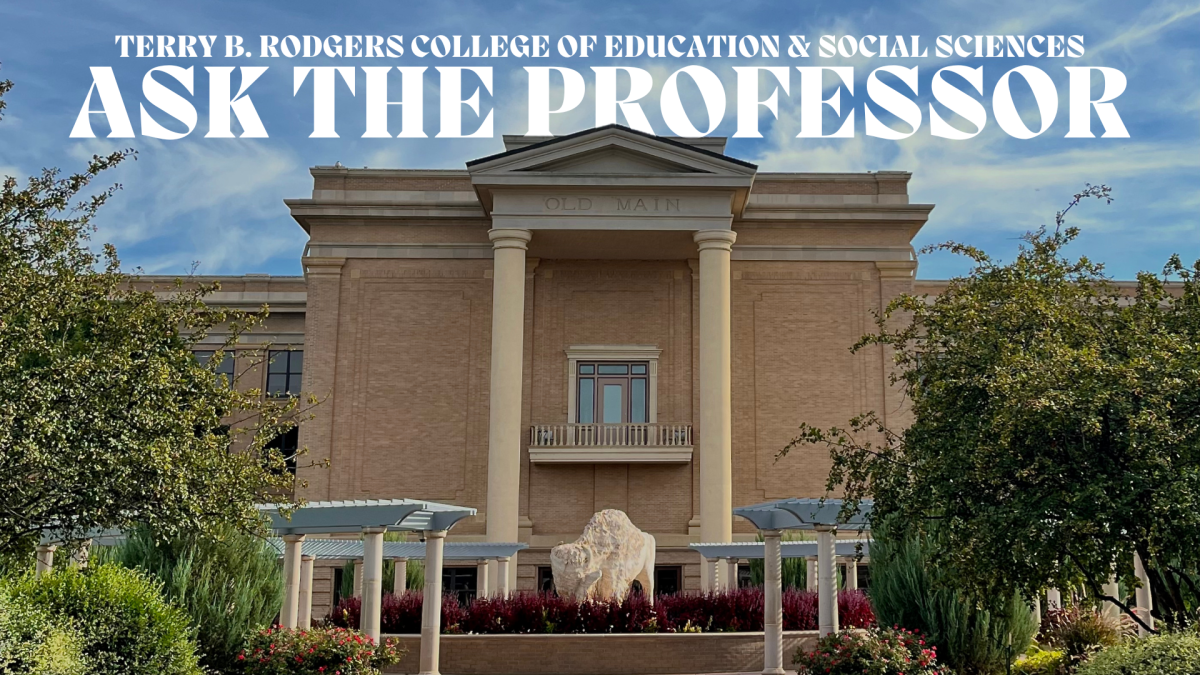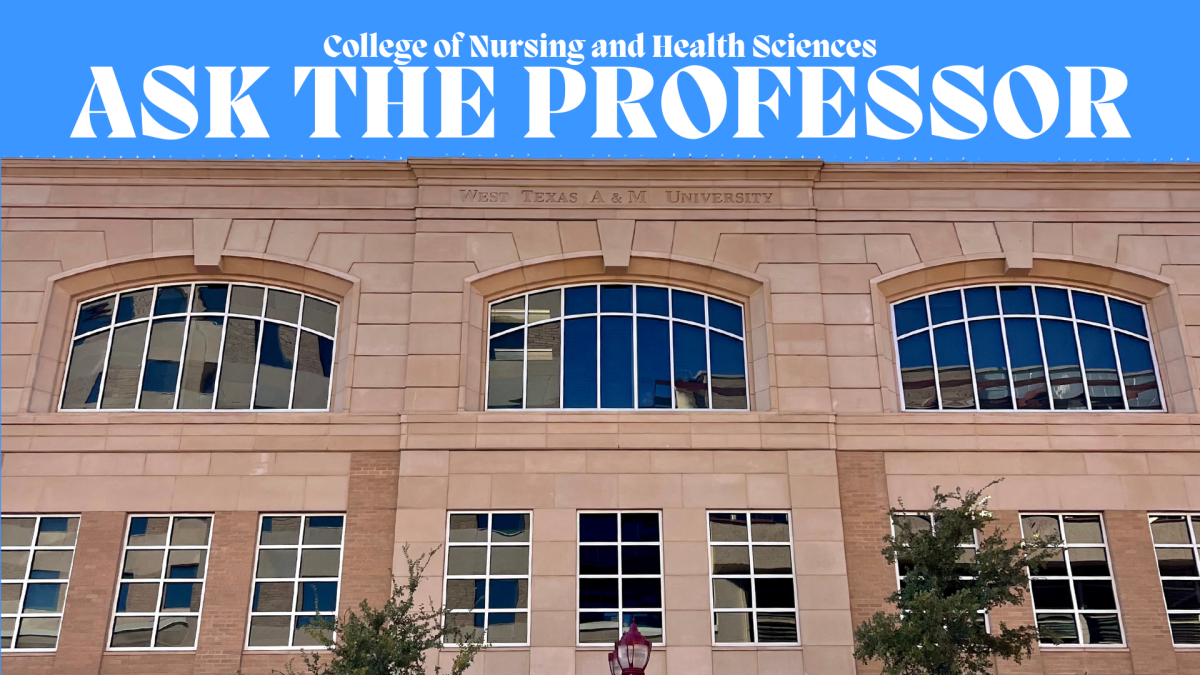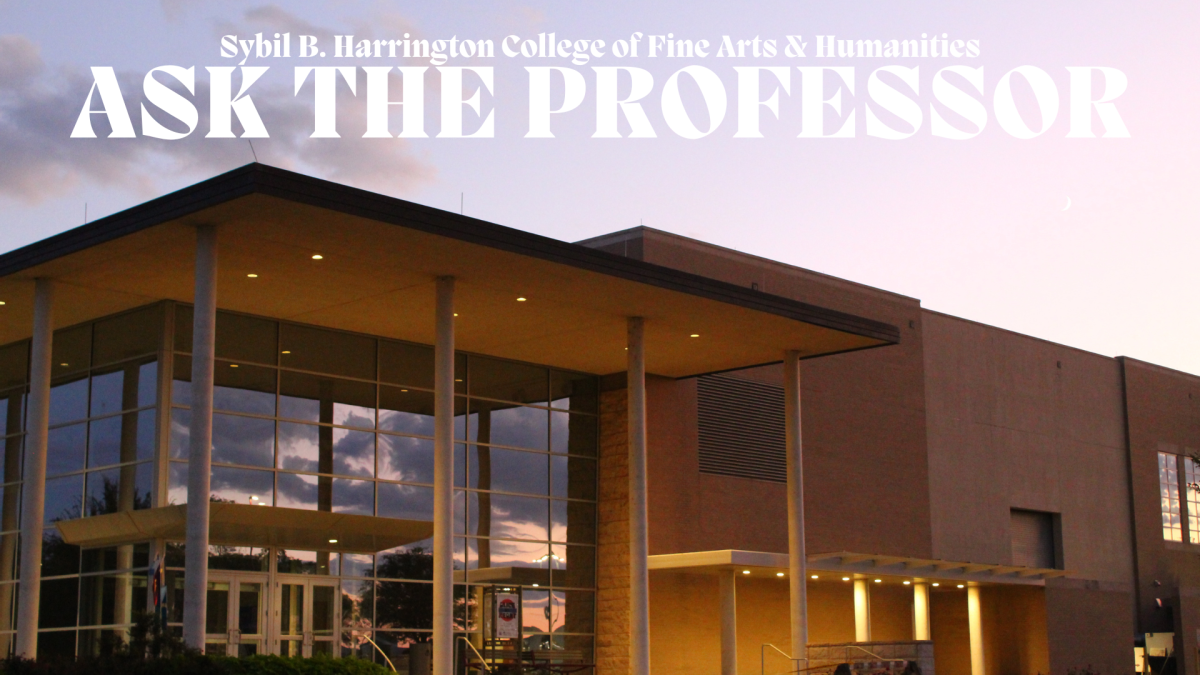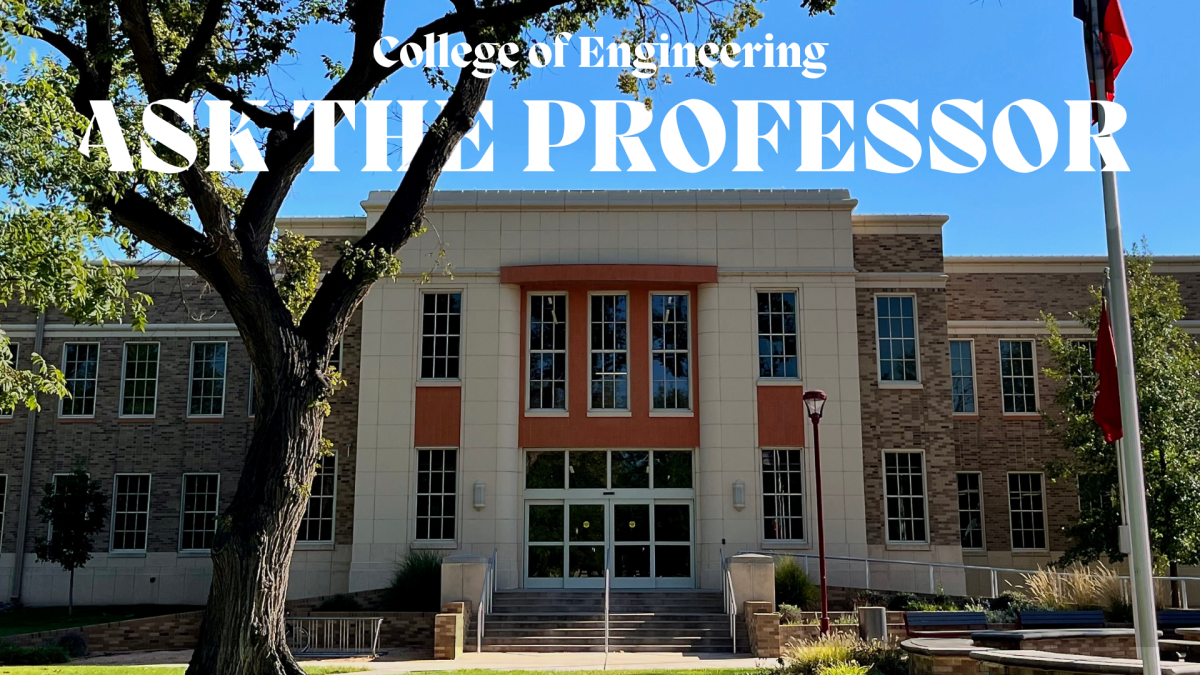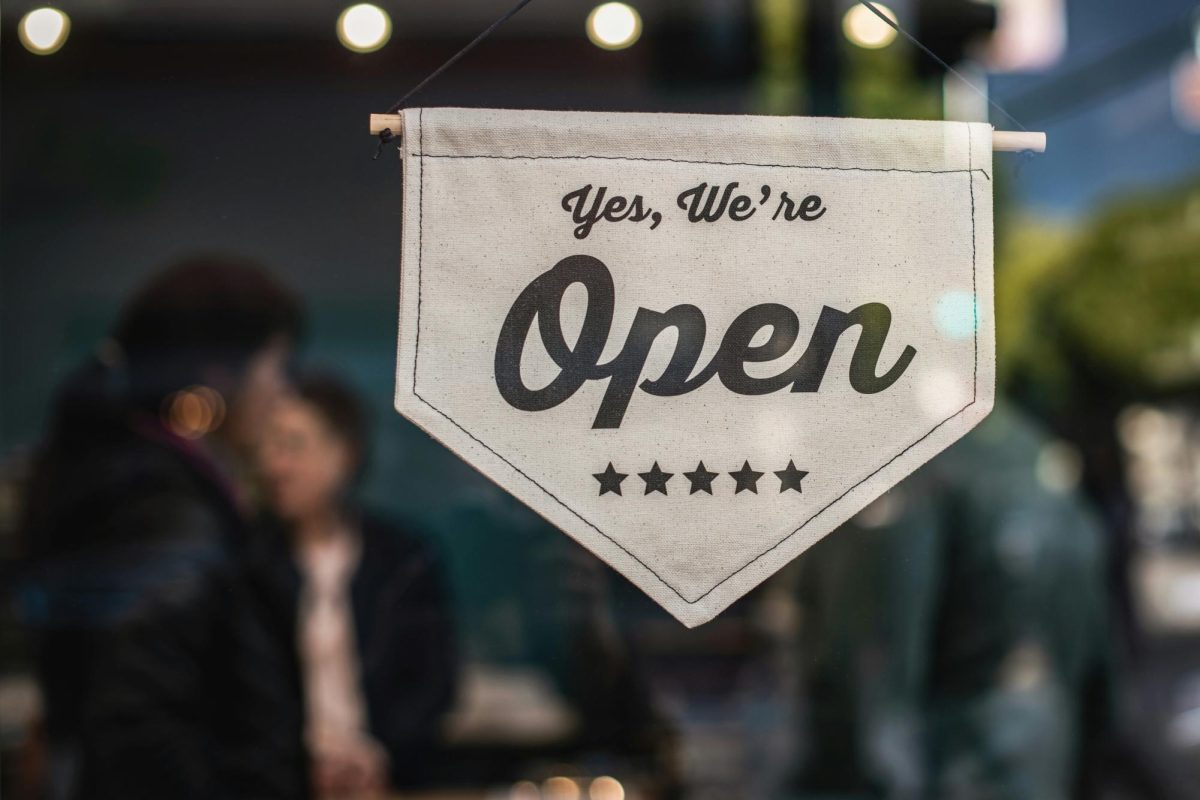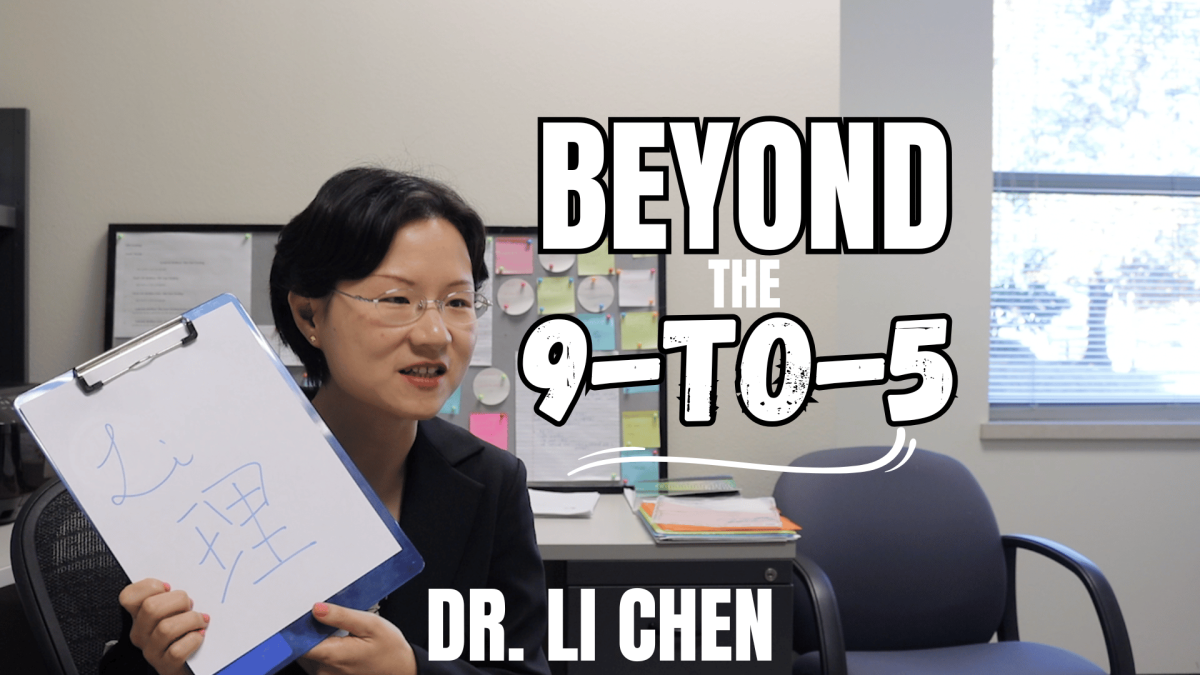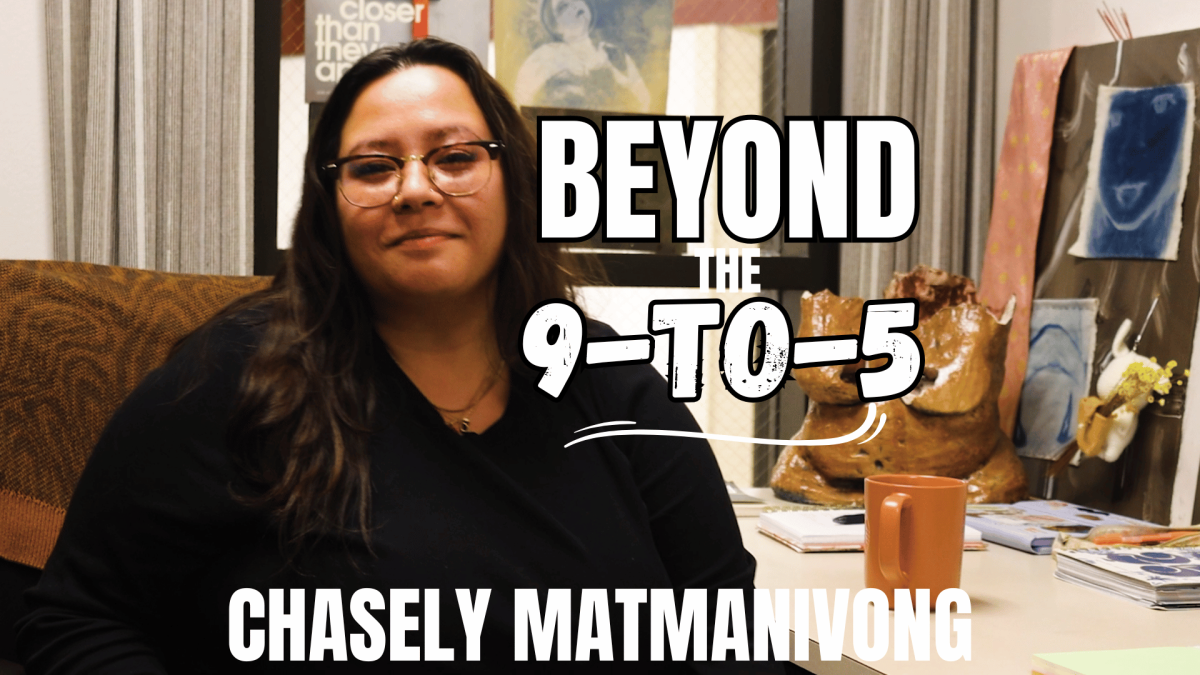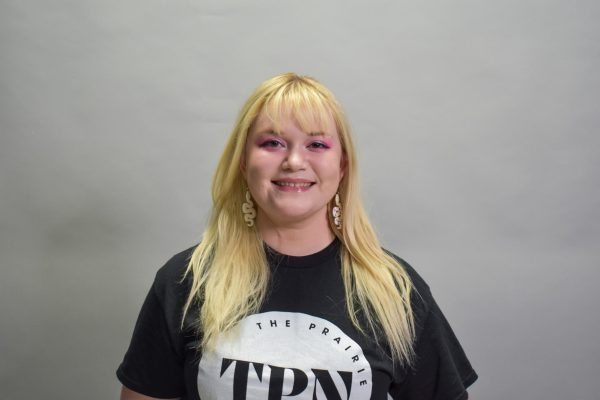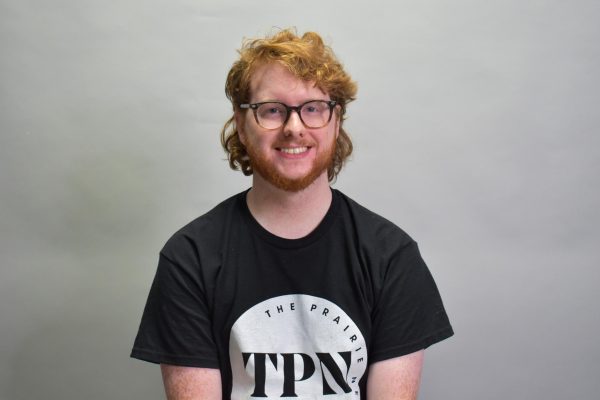Professor of Piano Dr. Choong-ha Nam teaches applied piano, piano literature and chamber music at the School of Music in the Sybil B. Harrington College of Fine Arts and Humanities. Dr. Nam has performed in North America, Europe and Asia.
Dr. Nam initially felt inspired to study piano at church around the time she was in first grade.
“I grew up in a church and people around me played the piano,” Dr. Nam said. “And my peers, just the older girls, played the piano. And so, just hearing them play just really inspired me.”
Dr. Nam traveled to China in 2019, where she offered master classes to train teachers.
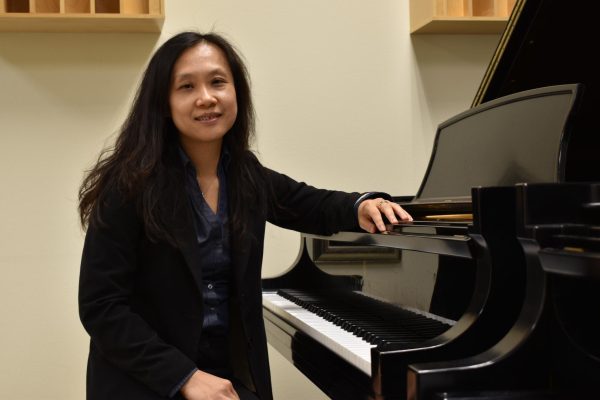
“Just experiencing their culture and their hospitality and playing for them,” Dr. Nam said. “And also, learning about the state of the piano education there, meeting the piano teachers and talking about how best we could teach. Talking about method books and the ways in which we go about raising the artistry. Those were really meaningful conversations that I had. So, I think those really stand out. Part of the reason is because I went – one of the trips I made to China was because it was to train the teachers there. And so, the purpose was, I played and performed, but also to meet and talk with the teachers and that stands out as a special experience.”
Dr. Nam is a proponent of the Suzuki teaching method.
“And that is effective because it uses primarily just rote learning, which is to show them what to play, what fingers to use, and what kind of sound to listen for without having to read music, the musical score at first,” Dr. Nam said. “Younger students ages three, four, five can really delve into just the physical aspect of tone production and evaluating the sound that they were creating. It’s remarkable because even as young as three or four, they can tell what a good tone is, what a bad tone is. Music is about the sound, and to start with the sound in the beginning of their studies was natural and organic.”
Dr. Nam said teaching in a tight-knit community like the Texas Panhandle allows teachers at West Texas A&M University to go the extra mile to see their students thrive.
“We have very few part-time instructors,” Dr. Nam said. “They’re all full-time instructors, and they’re really committed to seeing our students blossom; we live here, we work here and we devote a lot of our time to developing our students and nurturing our students. And so, in effect, it becomes a community not only of students, close-knit student community, but it becomes a community of all musicians and aspiring musicians.”
Students studying piano at the School of Music have the opportunity to develop their teaching skills alongside their music skills.
“In piano in particular, what stands out for us is that we have the Music Academy, community music school where piano lessons are offered to the community children and our students, piano majors are teaching in them,” Dr. Nam said. “So in their second year, third year, fourth year, and they are teaching piano to these children in a supervised environment and they get visited by their professors and they get comments and critiques and they constantly improve on their teaching, and that is something that very that is very unique about our program.”
Dr. Nam talked about her interest in the music of Fanny Mendelssohn, one of the few female composers from the early 19th century.
“And her life is very interesting as a sister to the famous composer and musician Felix Mendelssohn,” Dr. Nam said. “She led a very different life. Her music making was very private, and some 500 pieces of music she wrote, but they did not see the light of day until the end of the 20th century. Yeah, so her life story is remarkable, as well as how her music was buried for such a long time. And now, so many people are interested in playing and exploring her musical world and I’m one of them.”



